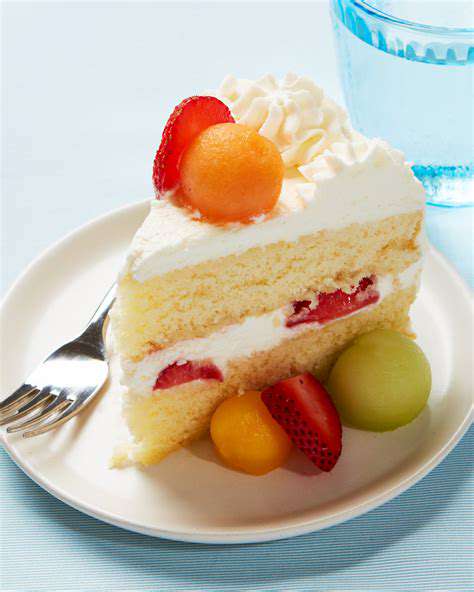Baking for Beginners: Easy Recipes to Get Started
Jul 25, 2025 / btwgardenmachine/

Tips for Baking Success

Understanding Your Ingredients
Flour, sugar, and eggs are fundamental to baking, but understanding their roles is crucial for success. Flour provides structure, while sugar adds sweetness and moisture. Eggs contribute protein and fat, binding the ingredients together and influencing the texture of the final product. Knowing how these basic ingredients interact is the first step to mastering any recipe.
Different types of flour, such as all-purpose, cake flour, and bread flour, have varying protein content, significantly impacting the final product's texture. Understanding these nuances allows for more precise control over the outcome of your baked goods.
Accurate Measuring Techniques
Baking is a science, and precise measurements are essential. Using measuring cups and spoons correctly is vital for consistent results. Spooning and leveling flour ensures you're not packing it down too tightly, leading to a different outcome from what the recipe intends.
For liquid ingredients, use liquid measuring cups. Ensure the measuring cup is on a flat surface and at eye level for accurate readings. These seemingly small details contribute significantly to the overall success of your baking endeavors.
Proper Temperature Control
Oven temperature accuracy is paramount. Baking at the correct temperature ensures even cooking and prevents uneven browning. Using an oven thermometer is highly recommended, as your oven's display may not be entirely accurate.
Oven temperatures fluctuate, and knowing how to adjust for these variations is key to consistently achieving desired results. Understanding how oven temperature affects your recipes allows you to troubleshoot and fine-tune your baking process.
Essential Baking Tools
Investing in quality baking tools can significantly improve your results. A good whisk, measuring cups and spoons, and a reliable mixing bowl are indispensable for smooth and consistent mixing.
A well-maintained stand mixer is a game-changer for certain recipes. It can save you significant time and effort, helping you prepare ingredients for a wide array of baked goods. Choosing the right tools is just as important as understanding your ingredients.
Understanding Recipe Instructions
Carefully reading and understanding the recipe instructions before you begin is crucial. This includes paying attention to the order of ingredients, the mixing methods, and the baking times. Ignoring these details can lead to disastrous results.
Familiarize yourself with the terminology used in baking recipes, such as creaming, folding, and whisking. This knowledge will improve your understanding of the process and help you achieve the desired texture and consistency in your baked goods.
Resting and Chilling Times
Many recipes call for resting or chilling doughs. These steps allow the gluten to develop properly, leading to a better texture and structure in your baked goods. Proper resting is essential for achieving the desired results.
Understanding the reasons behind these steps will enhance your understanding of the science behind baking and how it affects the final product. Ignoring these crucial steps can result in a less-than-ideal outcome for your creation.
Troubleshooting Baking Problems
Baking can be challenging, and problems may arise. If your baked goods are too dense, it could be due to under-mixing or an issue with the ingredients. Adjusting your technique based on the problem is a crucial step in perfecting your baking skills.
Understanding common baking problems, such as uneven baking or a tough crust, allows you to troubleshoot and improve your technique for a more satisfying result. Many times, even small adjustments can make a big difference.